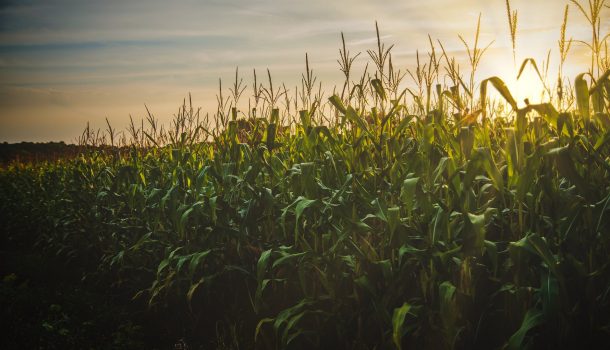Wisconsin farmers are making progress in sustainable farming practices, according to the results of the annual conservation survey supported by Farmers for Sustainable Foods. The report, released today, captures farmers’ conservation efforts statewide, demonstrating continued progress and environmental benefits.
This report marks the sixth consecutive year of documenting conservation practices with farmer-led conservation groups, signifying the farmers’ commitment to continuous improvement and enhancing soil and water quality.
In 2023, 254 farmers from six different farmer-led groups supported by Farmers for Sustainable Food participated in the annual survey, encompassing 249,628 acres and 353,037 head of livestock.
The sustainable practices measured and recorded in the survey include soil sampling, nutrient management planning, cover cropping, reduced tillage, no-tillage, low disturbance manure application, variable rate fertilizer application, split nitrogen application, nitrogen stabilizer and planting green.
Results show potential environmental improvements due to sustainable farming practices. These conservation efforts provide valuable benefits to climate health, soil health and water quality throughout the state:
- Reduction of greenhouse gas emissions by 33,617 metric tons of carbon dioxide equivalents, equivalent to the emissions produced by 8,001 cars in a year.
- Prevention of sediment loss from farm fields of 338,391 tons, equivalent to 33,839 dump trucks’ worth of soil.
- Reduction of phosphorus runoff by 423,958 pounds of phosphorus, potentially preventing 211.9 million pounds of algae growth in local water bodies.
CLICK HERE TO LEARN MORE.


